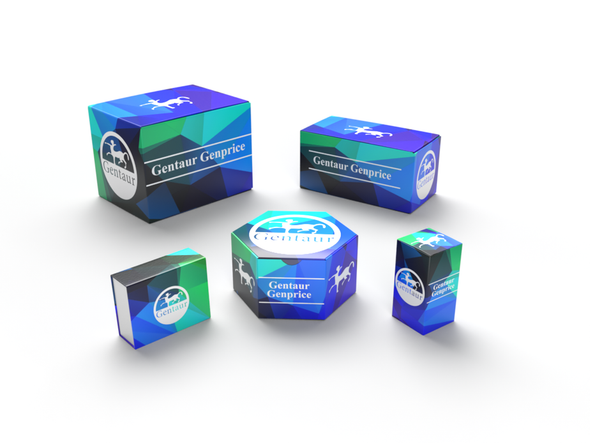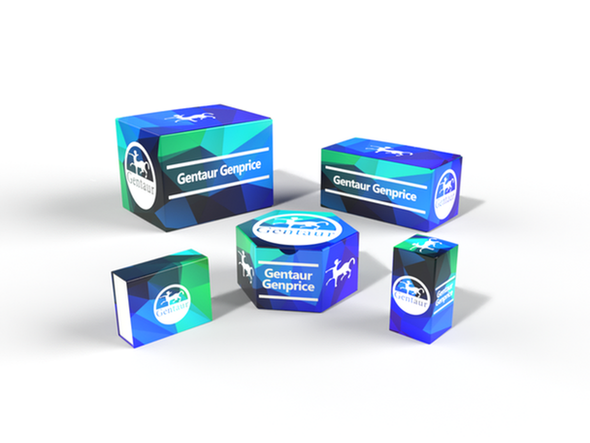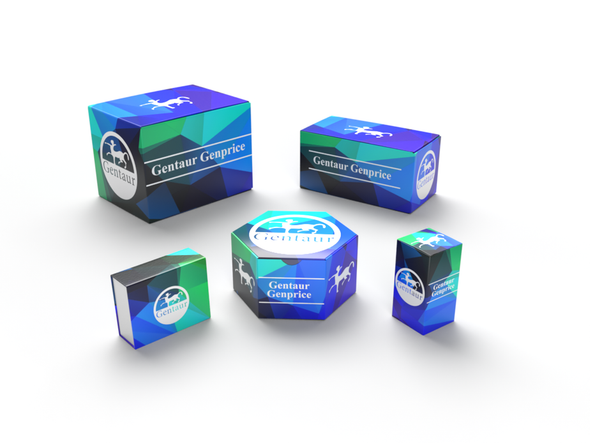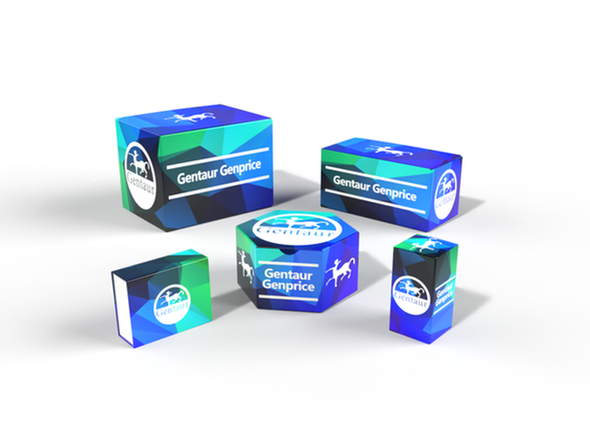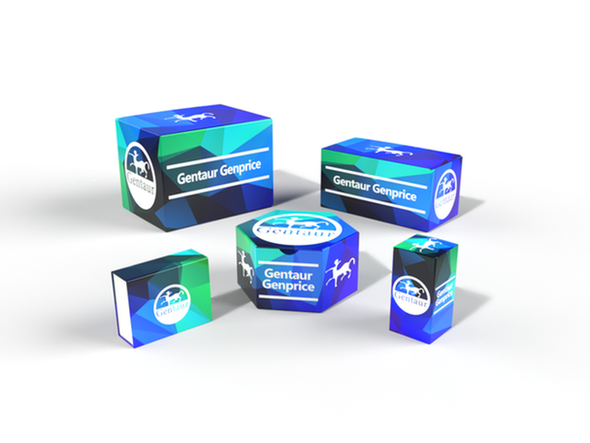Description
Interleukin-17A/IL-17A | E21-D14 | Gentaur UK, US & Europe Distribution
Short Description: Recombinant Mouse Interleukin-17A is produced by our Mammalian expression system and the target gene encoding Thr22-Ala158 is expressed with a 6His tag at the C-terminus.
Shipping: Ambient
Formulation: Lyophilized from a 0.2 m filtered solution of 20mM PB, 150mM NaCl, pH7.4.
Storage: Lyophilized protein should be stored at < -20C, though stable at room temperature for 3 weeks.
Reconstituted protein solution can be stored at 4-7C for 2-7 days.
Aliquots of reconstituted samples are stable at < -20C for 3 months.
Reconstitution: Always centrifuge tubes before opening. Do not mix by vortex or pipetting.
It is not recommended to reconstitute to a concentration less than 100 g /ml.
Dissolve the lyophilized protein in ddH2O.
Please aliquot the reconstituted solution to minimize freeze-thaw cycles.
Purity: Greater than 95% as determined by reducing SDS-PAGE.
Endotoxin: Less than 0.1 ng/g (1 IEU/g) as determined by LAL test.
Background: Interleukin-17 is a potent pro-inflammatory cytokine produced by activated memory T cells. There are at least six members of the IL-17 family in humans and in mice. Mature mouse IL-17A shares 61% and 89% amino acid sequence identity with human and rat IL-17A, respectively. As IL-17 shares properties with IL-1 and TNF-alpha, it may induce joint inflammation and bone and cartilage destruction. This cytokine is found in synovial fluids of patients with rheumatoid arthritis, and produced by rheumatoid arthritis synovium. It increases IL-6 production, induces collagen degradation and decreases collagen synthesis by synovium and cartilage and proteoglycan synthesis in cartilage. IL-17 is also able to increase bone destruction and reduce its formation. Blocking of interleukin-17 with specific inhibitors provides a protective inhibition of cartilage and bone degradation.
Species: Mouse
Expression System: Human Cells


